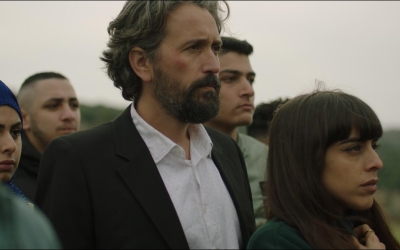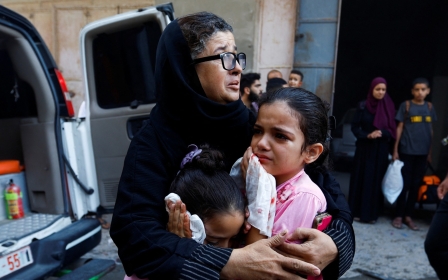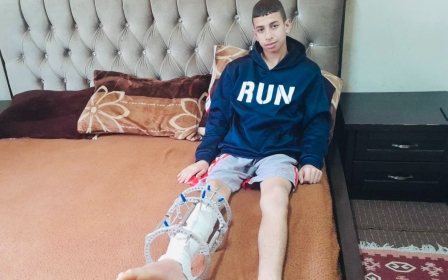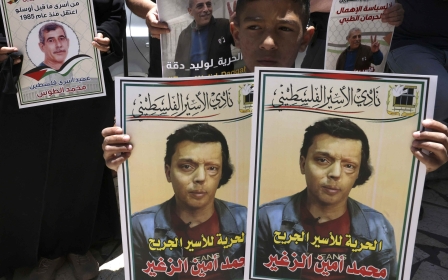Israel-Palestine war: The Palestinian children detained by Israel
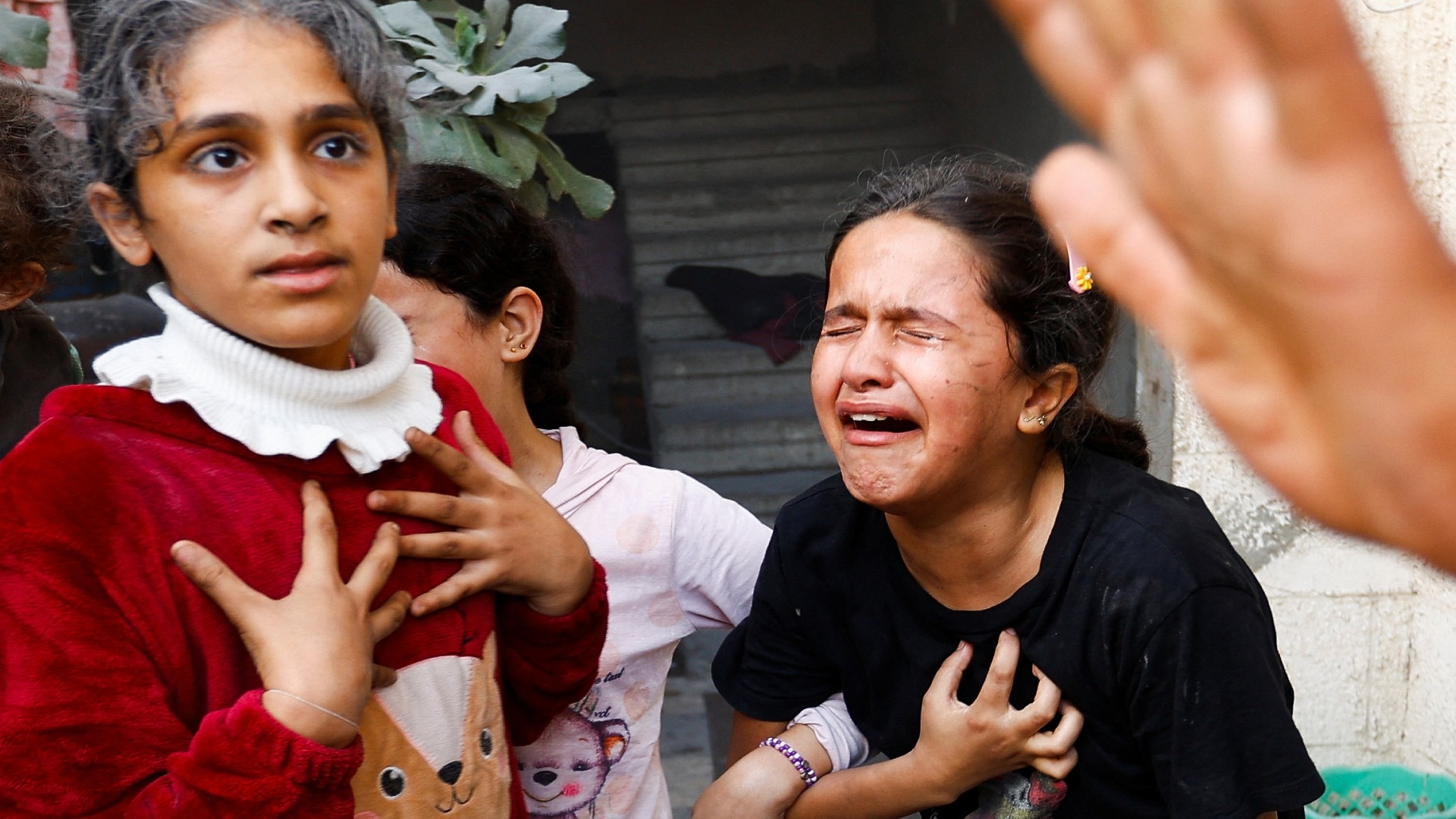
Hamas leader Ismail Haniyeh has said that the details of a truce agreement are due to be released that could see the exchange of Israeli hostages for Palestinian prisoners and a temporary ceasefire after weeks of Israeli attacks on the Gaza Strip that have killed at least 13,000 Palestinians.
Under the Qatari-brokered agreement, 300 Palestinian prisoners are expected to be released, among them women and children.
UN Special Rapporteur Francesca Albanese has called for the protection of children in Israeli detention. In a report to the UN General Assembly, she said that the plight of Palestinian children - who have been targeted, maimed and orphaned under Israeli occupation - had multiplied as a result of the ongoing Israeli aggression in Gaza and the occupied West Bank.
While the kidnap of minors by Hamas on 7 October, during an attack that left 1,200 Israelis dead, has been highlighted in media reports and during the ongoing efforts to release 200 hostages held in Gaza, the situation for Palestinian minors held by Israel has been underreported.
Middle East Eye takes a look at some of the statistics around the detention of Palestinian children:
New MEE newsletter: Jerusalem Dispatch
Sign up to get the latest insights and analysis on Israel-Palestine, alongside Turkey Unpacked and other MEE newsletters
Hundreds detained
According to Israel Prison Service (IPS) figures, as of September 2023, 146 Palestinian minors were being held in custody on “security” grounds.
However, Israeli rights group B’tselem has pointed out that the IPS figures published since October 2020 exclude those arbitrarily detained in military facilities.
Defence for Children International-Palestine (DCIP) estimates that an average of 500-700 children are detained by Israeli forces every year.
Around 13,000 have been arbitrarily detained, interrogated, tried in military courts and imprisoned since 2000, with thousands detained before that date, including during the First Intifada.
Widespread abuse
A 2013 report by the United Nations Children's Fund (Unicef) concluded that maltreatment of Palestinian child detainees in Israeli military detention was “widespread, systematic, and institutionalised throughout the process”.
Research by Save the Children published in July found that Palestinian minors in Israeli detention endure physical, emotional and sexual abuse.
Some 86 percent said they had been beaten, 69 percent strip-searched and nearly half of them injured at the point of arrest, some of them incurring gunshot wounds and broken bones.
According to research by DCIP, based on testimonies from 766 children detained by the Israeli army between 1 January 2016 and 31 December 2022, 59 percent were arrested at night, with 97 percent reporting having their hands bound, and 86 percent blindfolded.
Children reported being interrogated at unknown locations without the presence of a parent or a lawyer, and often deprived of food and water.
They often gave confessions while enduring verbal abuse, threats, physical and psychological violence.
Military trials
Israel is the only country that systematically prosecutes minors in military courts, which often accept confessions obtained by coercion.
An estimated 500-700 children, some as young as 12, are tried in military courts every year, the most common charge being stone-throwing, which carries a 20-year prison sentence.
DCIP also documented the widespread “routine” detainment of child detainees in solitary confinement.
In 1991, Israel ratified the United Nations Convention on the Rights of the Child (CRC) which states that children should only be detained as a last resort.
But a series of policy changes have created loopholes allowing the Israeli authorities to convict children.
In August 2016, Israel amended a law that stated that children under the age of 14 could not be held criminally responsible, in order to charge Ahmed Manasra, 13 at the time of his arrest, with attempted murder.
This article is available in French on Middle East Eye French edition.
Middle East Eye delivers independent and unrivalled coverage and analysis of the Middle East, North Africa and beyond. To learn more about republishing this content and the associated fees, please fill out this form. More about MEE can be found here.


